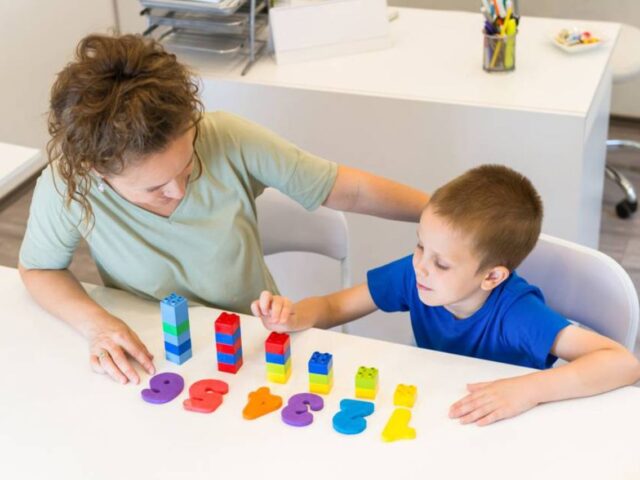Using educational technology tools and including vocabulary seen in class in everyday actions are just 2 of these techniques. The education sector is one of those that have shown the most challenges and opportunities with the Covid-19 pandemic, both for educators and parents.
Supporting students in their learning process has become an essential task for parents. To make this easier, Rebecca Palacios, an educator at the Age of Learning Foundation, shared 5 actions that parents can (and should) take:
Establish proven good practices. Write lists, schedules, calendars, visual resources that the child can relate to what she is learning. You do not have to be a great designer, much less know in depth the material or educational content, but you can use colors and sheets with very specific content that they are seeing in class. For example, putting new English words on the refrigerator, dates, or even names or equations that invite you to solve puzzles. “Remember that everything that involves play is going to help the student in their training process. Try to place these resources in spaces where the child will stay the longest: bedroom, kitchen or play space”, said Palacios.

Use educational tools. There are hundreds of online options on the market that can help children learn while playing. One of these is ‘ABCmouse Aprende Inglés’, a free and comprehensive platform for children from 3 to 11 years old to develop with confidence while learning a new language.
Include the vocabulary seen in class in everyday actions. Families can become familiar with the vocabulary through repetition exercises. Including the words learned in the direct environment strengthens the child’s retentiveness. You can label the containers where the coffee or sugar is with the words in English.
Distribute time wisely. With only 45 minutes a week dedicated to the same activity, the child begins to create habits. Ideally, spread this time over several days a week, “if your child is struggling with math or English, try to dedicate 10 minutes from Monday to Friday for your little one to do an exercise or learn a new word in English. Remember to take advantage of free educational platforms”, advised the expert.
Do not be afraid to get involved. In the learning process, it is normal to feel fear, anguish or discomfort, especially if it is a subject with which the parent is not familiar. In these cases it is not advisable to leave the minor alone; together you can establish a dynamic that apart from strengthening your knowledge provides you with valuable quality time together with which you can bond.
The benefits of implementing these tips, according to Palacios, lie in emotional issues as well, since it involves taking a few minutes a day to share with the minor, motivating social interaction, closeness and the commitment of the parent in their educational process.


